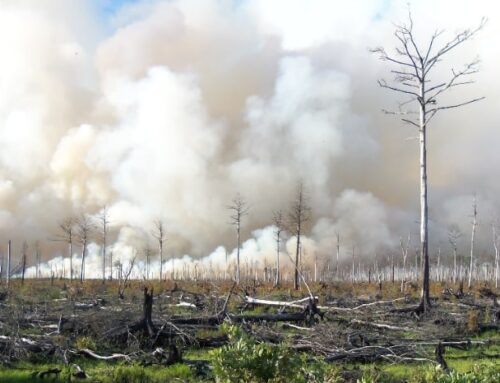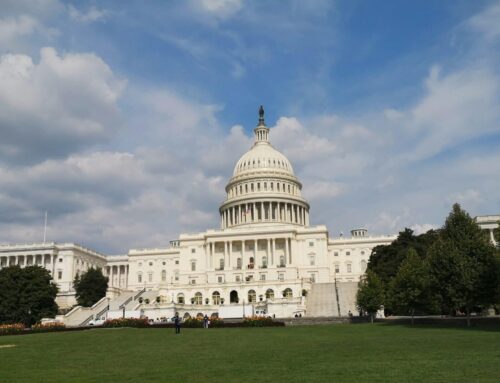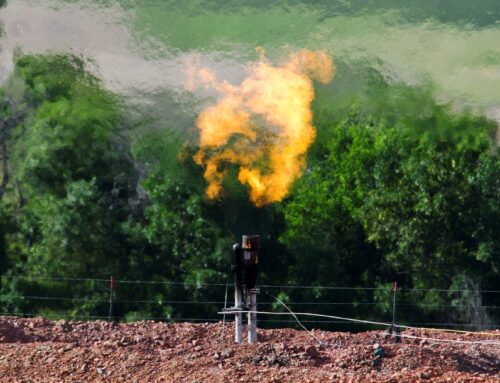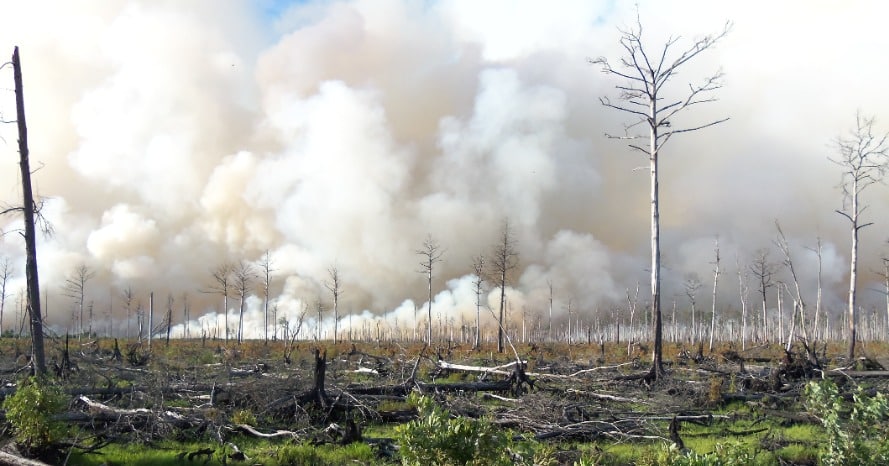The Department of the Interior’s (DOI) Bureau of Land Management (BLM) fails in its responsibility to effectively manage the nation’s oil and natural gas resources on federal and Indian lands, a new report by the Government Accountability Office (GAO) concludes. The report, released last week, attributes the BLM’s ineffectiveness to a number of factors, including its reliance on outdated rules and guidance, its usage of incomplete data, and its inability to review revenue sharing agreements in a timely manner.
The report finds that BLM’s existing guidance for well spacing, for instance, is outdated. As a result, the agency cannot realize maximum possible revenues from its assets until some necessary changes are made. BLM does not have a process in place to ensure that its oil and gas rules are periodically reviewed and updated to reflect modern technological, economic, and policy realities.
Energy production from oil and gas extraction on federal and Indian lands is a significant source of nontax revenue for both the federal government and Indian tribes, generating nearly $15 billion in fiscal year 2013 alone. BLM is responsible for the management and oversight of nearly 700 million acres where the federal government holds mineral rights, representing billions of dollars in present and future revenue.
Taxpayers need to be certain that they are being properly compensated for the resource extraction activities occurring on public lands. Ensuring that oil and gas resources on federal and Indian lands are developed in a timely, economically efficient, and environmentally sound manner – a key BLM responsibility – is critical to making this a reality.










